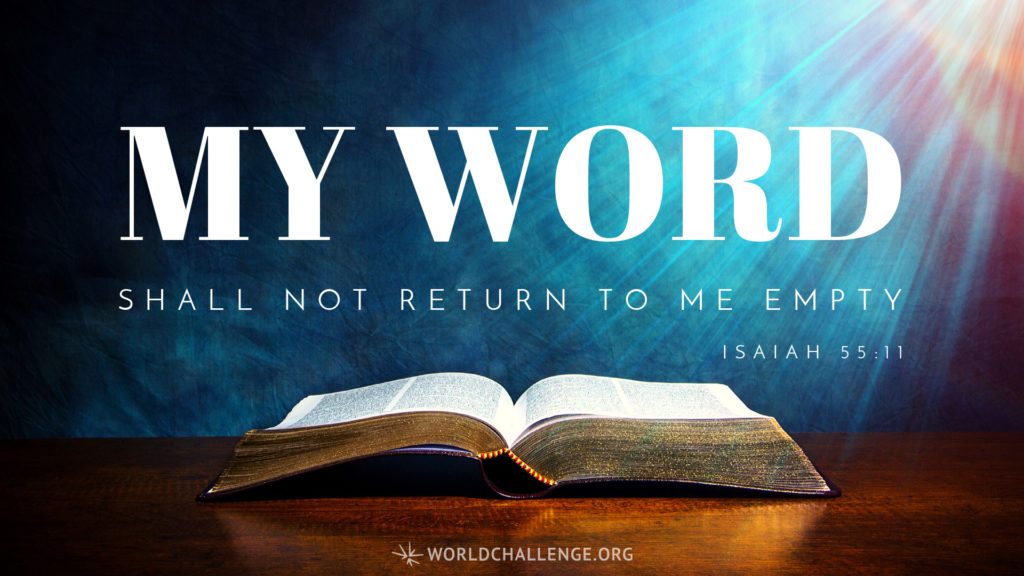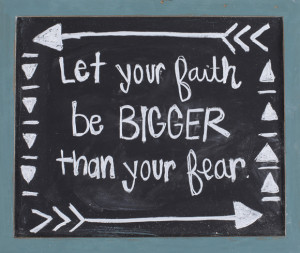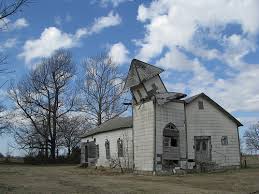Happy International Women’s Day!
On this day, I’m going to tackle a topic that is near and dear to my heart as I count down the days until my ordination in the Church of the Nazarene.
I’ve heard from people all over who say that women must be quiet and not teach or preach in the Christian church. I’ve heard of people refusing communion from women pastors. I’ve seen people walk out of services where a woman is preaching. I’ve personally experienced the heartache that afflicts many of my sisters in Christ who also are called as pastors. So let’s dig into this topic.
In Genesis 1-2, we read the creation account. In Genesis 2, we get more of the narrative. After creating Adam, God realized he did not have a “help meet.” We cannot just look at English; in the original language, this is help is “ezer kenegdo.”
The woman and the man are “ezer kenegdo” to each other.
Bible scholars have tallied up the times “ezer” appears in the Bible and found 21 times that the noun is used. Eight times, it does mean help or helper—and the subject in those instance is always God. Eleven times in scripture, it is a word with those same three consonants that means strength or power. We find it twice in Genesis for the woman (Genesis 2:18, 20), three times for nations to whom Israel appealed for military aid (Isaiah 30:5; Ezekiel 12:14; Daniel 11:34), and here’s the kicker — 16 times for God as Israel’s helper (Exodus 18:4; Deuteronomy 33:7, 26, 29; Psalms 20:2; 33:20; 70:5; 89:19 115:9, 10, 11; 121:1 – 2; 124:8; 146:5; Hosea 13:9).
There are two words, both spelled the same now in the Bible; one word means help or helper and the other means strength or power—strength or power as in not answerable to another one or subordinate to another one. Thus, with respect to God and respect to each other, human beings are a strength or power equal to each other and were subordinate only to God.
When God comes to the final culmination of the creation processes, the division of the human into two—male and female—is a climactic event or process and each is a strength or power facing each other (like each other and facing each other as equals). That is God’s creation intention.
Due to sin as noted in Genesis 3, all relationships were fractured and distorted (between mankind and God, between humans in general, between humans and creatures and between humans and the earth). Between humans, this distortion included men exercising dominion over women. This is not God’s creation intention.
Because of what happened when sin entered the world, many people say that is the end of the matter. But it is not. Thousands of years later, Jesus Christ came to earth to redeem mankind and provide opportunity for mankind to be restored to that perfect state—restoration of perfect relationship for mankind with God, with each other, and with the earth.
As we move into the New Testament, we look at how God has uniquely equipped believers with spiritual gifts. If you pay attention, you’ll realize that God does not assign genders to spiritual gifts. This is underscored by scripture in Ephesians 4:12-13. Further, God doesn’t give spiritual gifts just so someone has gifts—he intends for them to be used. Both our personal experience and our rational faculties lead us to understand that spiritual gifts are not given to be squandered, but to be used in edifying the church. They are gifts to the church as much as they are to the individual.
If we stop at Genesis 3 regarding women’s roles, we are aligning ourselves with the order of the Fall; we are letting the sinful nature—and hence man’s dominion over women—be perpetuated while still claiming to be redeemed people. Even when looking at God’s intention for creation and redemption, people still choose to embrace the order of the Fall. As we seek to live out God’s love in our world, we are mindful that all theology either uplifts the oppressed or keeps the oppressed of the world in their downtrodden situation.
However, if we understand God’s intention with creation (perfect relationship), and if we understand that through his redemption Christ is making all things new, we must align ourselves with the order of creation and redemption. God does not call Christians to continue living in brokenness, but to move forward transformed and affecting his kingdom come in this world. Choosing to reject what God intended for a sin-caused outcome is wrong.
As God’s representatives on this earth, any behavior that seeks to limit or oppress people is a reflection of a fallen world and not a redeemed people. There is no basis in God’s kingdom for prohibiting women from participating and serving at all levels of the church, including pastoral ministry. To do so is denying the spiritual gifts that God has given to her and to the church.
Check out this thought from Ravi Zacharias: “Some of the finest thinking in the world has been done by womankind… If God were a discriminator against gender, the greatest truth on which the gospel hangs is the resurrection…If Christ be not raised from the dead, our faith be in vain. Why in heaven’s name did he reveal himself to the women to go and tell the message? All of Easter hangs on the testimony of womankind with whom he trusted the entire gospel. What an incredibly gracious God to remind us that none of us is superior to the other. We only have the same privilege of taking our distinctives and complementary strengths and carrying them to the world” (Zacharias).
In case you want to hear it from more men, check out these two great videos:
- Rev. Craig Laughlin: “Does the Bible really teach that only men can be pastors?” https://www.youtube.com/watch?v=TMI20VVJTlw
- Joseph Coleson: “History of Women in the Church.” https://inversion.app.box.com/s/qrsion753175x28tcoav/1/2076124804/18030740766/1
Coleson says it this way: “In our relationships – in our homes and in our churches, ways in which we serve each other as brothers and sisters in Christ, women have equal place with men because of God’s intention in redemption, renewal and restoration… God’s creation intention between man and woman was equality, and we can say then that in redemption that God intends that and more, and we should be practicing that in our churches and homes.”
Allowing women to take their God-given place with men is about reflecting the fullness of God to a world that is seeking something different than the sin-infested circumstances they know. If people only see the sinful nature perpetuated through the Church, their view of God may be damaged as a result.
Pastors—both women and men—are called to edify the church and shepherd God’s people. To this, I have been called, and to this call I am and will continue to be faithful. God has put me to work. He has already used me extensively for his purposes. I certainly don’t want to look God in the face and tell him I was too busy doing other things or listening to naysayers to obey.
References and Resources to Explore:
Coleson, Joseph. “History of Women in the Church.” Church of the Nazarene, Global Clergy Development. https://inversion.app.box.com/s/qrsion753175x28tcoav/1/2076124804/18030740766/1
Leach, Tara Beth. Emboldened: A Vision for Empowering Women in the Ministry. InterVarsity Press, 2017.
Zacharias, Ravi. “Does God Favor a Gender?” 26 Feb 2016, https://www.youtube.com/watch?v=MD3CsFfLxlo&feature=youtu.be
Great Examples:
Catherine Booth https://www.britannica.com/biography/Catherine-Booth
Phoebe Palmer https://christianhistoryinstitute.org/magazine/article/phoebe-palmer-from-the-editor
Saint Hildegard https://www.britannica.com/biography/Saint-Hildegard
Saint Macrina https://www.loyolapress.com/catholic-resources/saints/saints-stories-for-all-ages/saint-macrina/
Teresa of Avila https://www.britannica.com/biography/Saint-Teresa-of-Avila
Pope Joan https://www.britannica.com/topic/Pope-Joan











